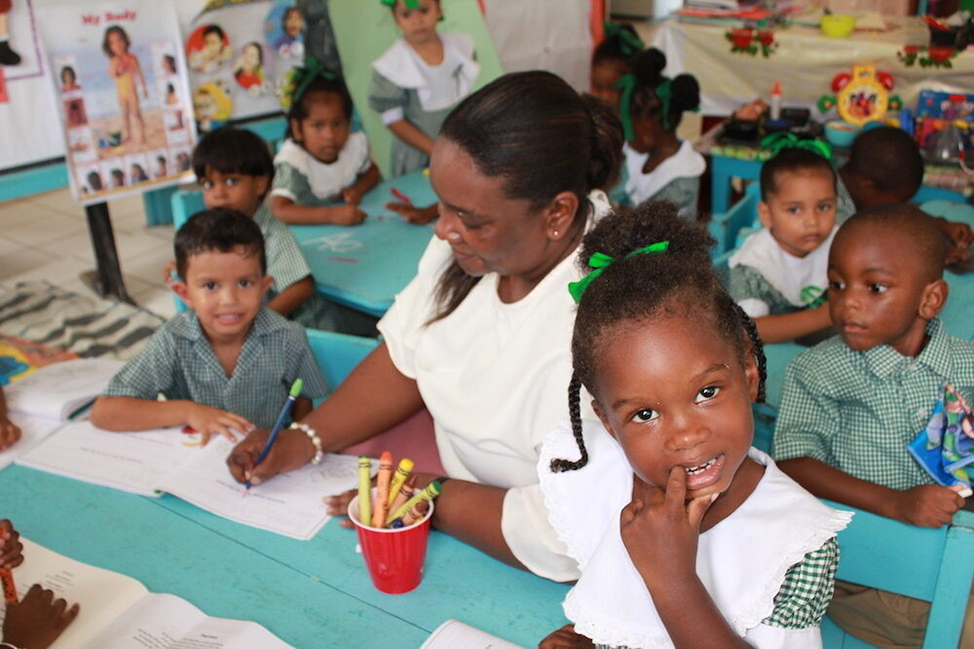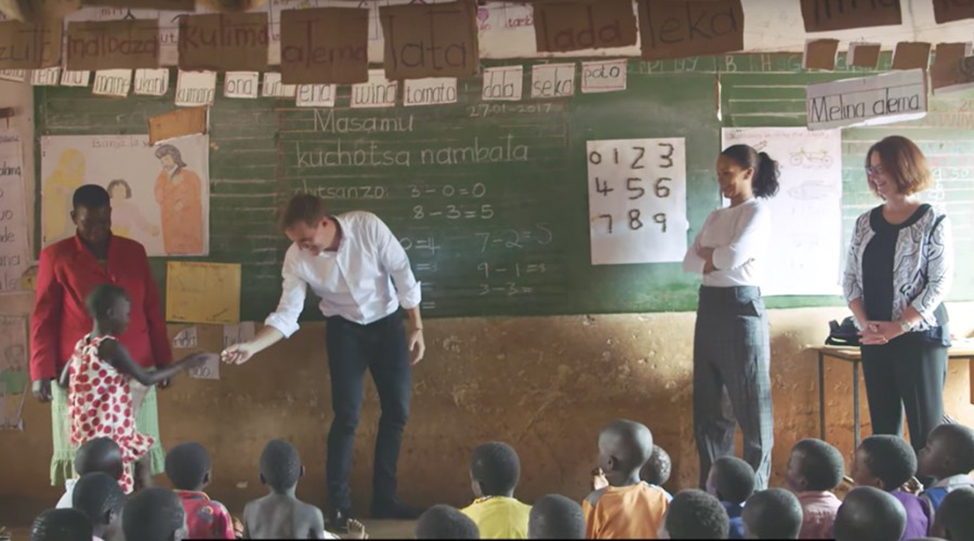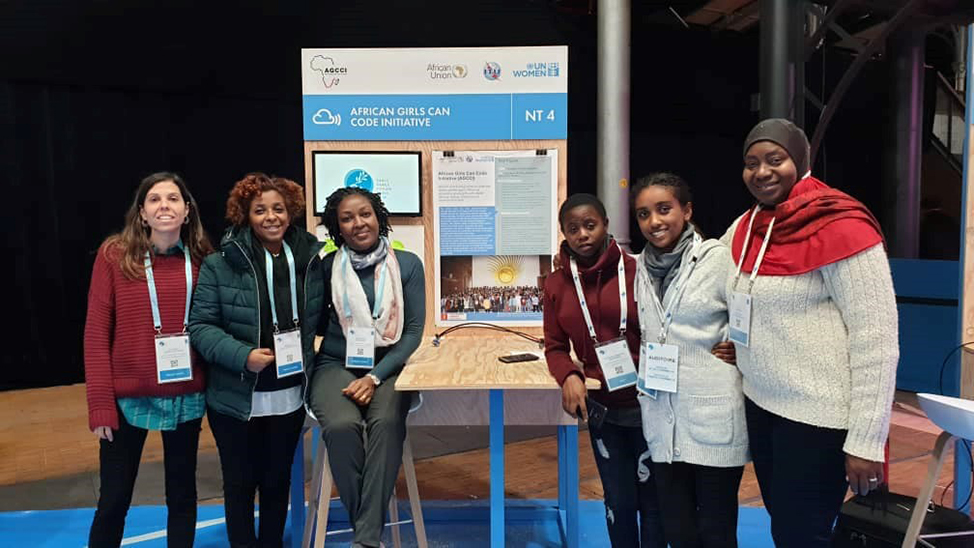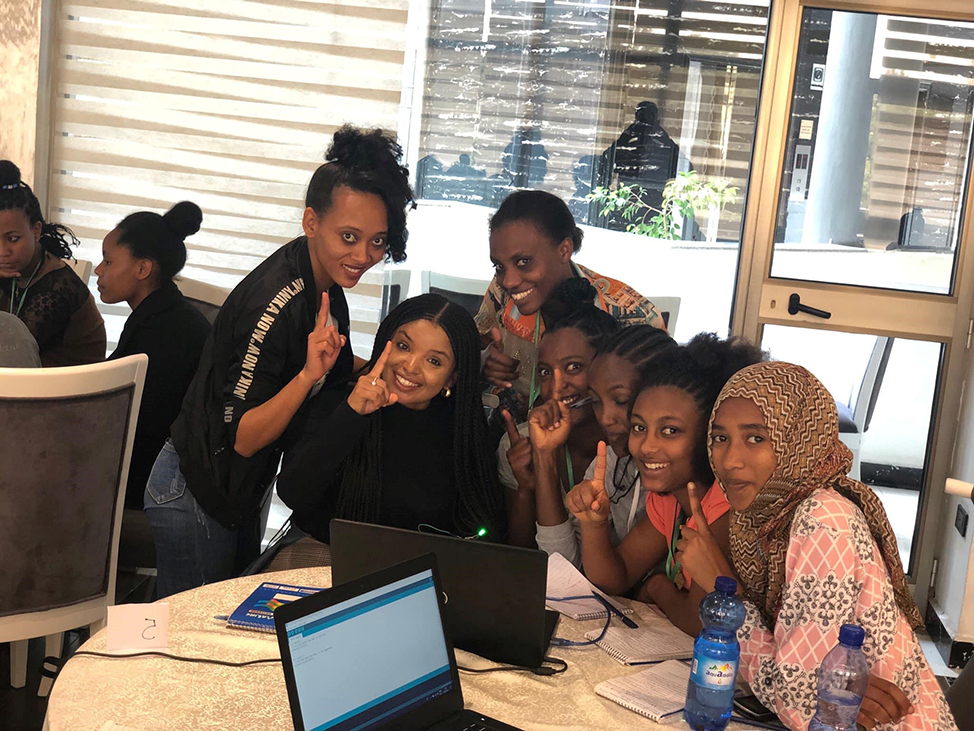31 May 2021

Hiba Mohamed
Public Policy and Global Advocacy Consultant at Global Partnership for Education
Bachelor of Arts (Communication & Media Management)
Growing up between Ethiopia and Sudan, Hiba Mohamed has always been acutely aware of political strife, the realities of poverty and violence, and the struggle for socio-economic rights.
Seeing these hardships firsthand – especially how they impacted on women – was always a concern for Hiba and the people around her, and these early experiences instilled in her an eagerness to make a difference at a very young age.
After Hiba found her voice studying Communications at UniSA, with hopes to send out a strong message to the community, she embarked on gaining experience working for humanitarian and developmental organisations.
With an ultimate goal of bringing gender equality to the world, she begun a career of advocacy working all over Africa for UN Women and Global Partnership for Education (GPE) with an important focus on striving towards Ending Violence Against Women (EVAW).

“As an African, an advocate of education, gender and equality which is in line with my passion which is eradicating poverty, I always wanted to work within the continent and contribute towards Agenda 2063, Africa’s blueprint and transformation plan,” she says.
“This was why I was inspired to apply for the African Union Youth Volunteer Corps. Through the volunteer programme I was deployed to the UN Women Ethiopia Country office as a communications associate, and then my expertise led me to realise this change with the GPE.”
In her current role as a Senior Public Policy and Global Advocacy Consultant, Hiba works between the African Union Commission (AUC) and GPE advocating for universal rights to education and delivering quality education so that every child can have hope, opportunity and agency.
Former Australian Prime Minister, Julia Gillard is the Chair of the global funding body for education in developing countries, also working towards the United Nations Sustainable Development 2030 Goals and AUC’s comprehensive ten-year Continental Education Strategy for Africa (CESA).

Hiba and her team at GPE are currently focussing on the several gaps, related to relevance, access, equity, quality and financing of education, within these ambitious plans that still need to be identified in addressing education needs in developing countries in Africa.
They are dedicated to transforming education in lower-income countries and accelerate access, learning outcomes and gender equality through equitable, inclusive and resilient education systems fit for the 21st century.
“We are trying to achieve this through high political level dialogues, consultations, including the development of a communications and advocacy strategy. I’m an advocate for implementation of measures to address these gaps.”
“School-related gender-based violence is a serious barrier to achieving universal education and negatively impacts on the opportunity for education,” Hiba says.
“Harmful traditional practices such as early child marriage that leads to pregnancies have been causing school dropouts due to gender norms where women are now expected to handle house chores and childbearing.”
“Moreover, several girls are harassed in schools which not only causes psychological harm but dropouts. Other factors may include access to education, where in many parts of Africa, for example, girls have to travel long distances to go to school and many face different forms of violence.”

During her three years with the UN Women Ethiopia Country Office (ECO), Hiba recognised that true sustainable development relies on ending discrimination and violence towards women and providing these equal opportunities for education and employment.
At UN Women, Hiba led gender sensitive programmes and capacity building for the prevention, mitigation and response to violence against women. With the success of these projects, she was later hired as a consultant under the humanitarian programme on Ending Violence Against Women (EVAW) unit where she focusses on women’s leadership empowerment, access and protection crisis.
Here she implemented interventions related to the prevention of sexual exploitation and abuse (PSEA), as well as contributed to the African Girls Can Code Initiative (AGCCI), designed to train young girls to become programmers and ICT creators, and encourage further education and careers in technology.
“As part of the leadership empowerment, access and protection crisis (LEAP) project, in the Gambela region of Ethiopia, my team and I also conducted capacity building trainings for South Sudanese refugees and host communities on leadership skills and gender.”

“We trained around 200 women, where women were enabled to generate their own income and support themselves and their families that we hope will have lasting impacts for generations.”
Reflecting her past experiences growing up and where her career has taken her, Hiba is slowly seeing her dream to be part of a massive societal change being realised. It has led her to selecting this professional path to bring gender equality to the world.
“This is why I studied communications and media management at the University of South Australia. I knew that through communications I would be able to send out a strong message to the community,” Hiba says.
“Gender-based violence is a global problem that affects women and girls of all races,” Hiba says. “Gender norms and power relations are a key driver of this violence.”
“One in three women face this violence worldwide, greatly affecting their health and psychological wellbeing – this is why I believe we always must speak out against all forms of violence against women and continue to advocate for them.”
“Rights of vulnerable groups are still being violated – so we still have work to do.”
The University of South Australia works tirelessly to provide a healthy and safe university culture that embraces and celebrates the diversity of our community. We strive to ensure our campuses and learning environments are free from bullying, discrimination, and sexual harm with a zero-tolerance approach.
If you, or someone you know, has experienced sexual assault and sexual harassment, help and support is always available. Head to our website for more info: unisa.edu.au/sash
Men can access anonymous confidential telephone counselling to help to stop using violent and controlling behaviour through the Men’s Referral Service on 1300 766 491.
If you or someone you know is impacted by sexual assault, domestic or family violence call 1800RESPECT on 1800 737 732 or visit 1800RESPECT.org.au. In an emergency, call 000.




